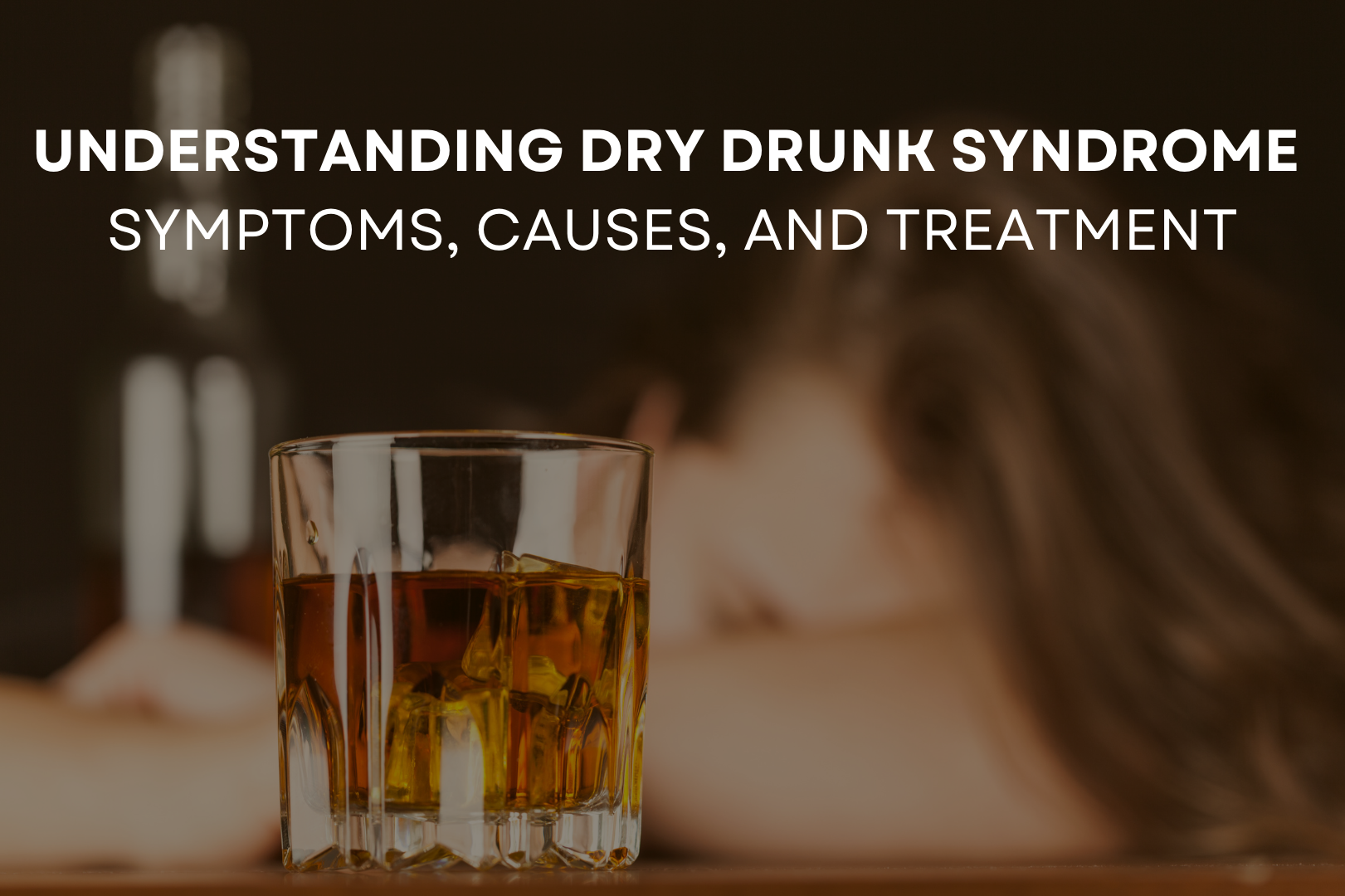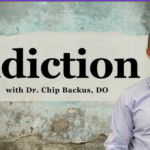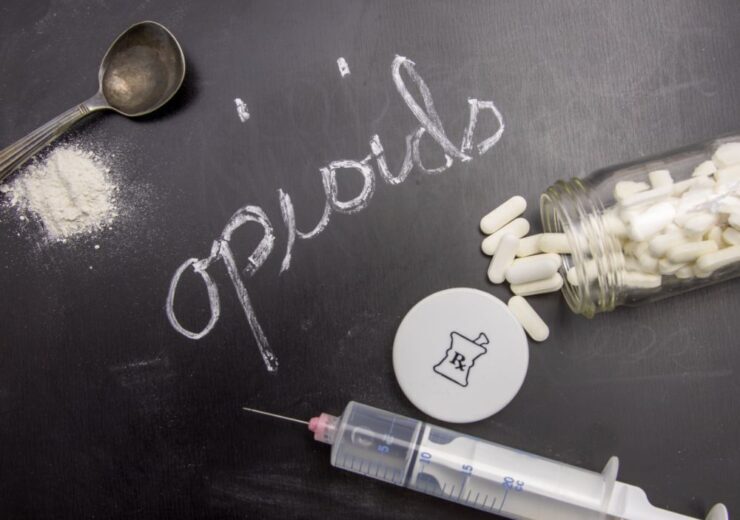Understanding Dry Drunk Syndrome: Symptoms, Causes, and Treatment

Have you ever heard of the term “dry drunk syndrome”? It is a condition where a person who has quit drinking but still exhibits the same behaviors and attitudes that they had while they were drinking. This often happens to people who have quit cold turkey without addressing the underlying issues and emotions caused by their addiction. This blog post will dive deeper into dry drunk syndrome, its symptoms, causes, and treatment.
Symptoms of Dry Drunk Syndrome
One of the most commonly observed symptoms of dry drunk syndrome is an intense craving for drugs and alcohol. It is caused due to the fact that the individual has not addressed the emotional and psychological root causes of their addiction. Other symptoms can include anxiety, depression, irritability, mood swings, and anger outbursts. They may also exhibit impulsive behavior, poor judgment, and lack of motivation.
Causes of Dry Drunk Syndrome

Dry drunk syndrome can occur due to various reasons, but some of the most prominent causes include lack of effective treatment, insufficient therapy, post-acute withdrawal symptoms (PAWS), and underlying mental health conditions. If a person quits drinking without seeking professional help, it becomes difficult for them to handle the issues that caused them to drink in the first place.
Treatment for Dry Drunk Syndrome

Fortunately, dry drunk syndrome can be treated with the right combination of therapy, medication, and self-care. The first step is to acknowledge that there is a problem and reach out for professional help. Seeking therapy, attending support groups, and engaging in healthy activities like exercise, meditation, and hobbies can help the individual cope with the stress and triggers that caused their addiction. Sometimes, medications can also be prescribed to manage the symptoms of dry drunk syndrome and reduce the risk of relapse.
The Role of Therapy

Therapy can play a crucial role in treating dry drunk syndrome. A trained therapist can help the individual to identify their triggers and underlying issues that led to their addiction. They can use various techniques such as medication-assisted treatment (MAT), group therapy, individual therapy, and outpatient visits to help the individual manage stress, improve emotional regulation, and reduce the risk of relapse.
Conclusion:
Dry drunk syndrome is a real condition that can happen to anyone who quits drinking without addressing their emotional and psychological triggers. Acknowledging its symptoms and underlying causes is essential to seek the right treatment that works for you. If you or someone you know is experiencing dry drunk syndrome, remember that it is never too late to seek help. With the right support, therapy, and medication, you can overcome this syndrome and lead a happy and fulfilling life.
At Emmaus Medical and Recovery, we offer a range of personalized options to support your path to recovery. Explore our alcohol rehab programs here and take the first step towards a healthier, substance-free life.







